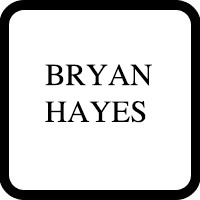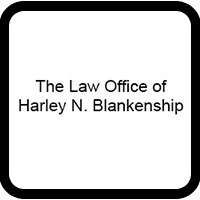Fairdale Criminal Lawyer, Kentucky
Sponsored Law Firm
-
 x
x

Click For More Info:
-
Law Office of Mark S. Guralnick
55 Madison Avenue 4th Floor Morristown, NJ 07960» view mapCriminal Defense Law Dedicated. Fearless. Successful.
Mark S. Guralnick and his legal team have helped clients throughout the USA and across the world by applying unparalleled dedication and hard work to each case.
800-399-8371
Bryan Hamilton Hayes
✓ VERIFIEDCriminal, Divorce & Family Law
Bryan Hamilton Hayes is a practicing lawyer in the state of Kentucky handling criminal defense and family law cases.
Harley N. Blankenship
✓ VERIFIEDAccident & Injury, Criminal, Divorce & Family Law, Estate, Real Estate
Harley Blankenship is a practicing lawyer in Louisville, KY after being admitted to the Kentucky Bar in 1970. He received his Juris Doctor in 1970 fro... (more)
Alfred J Welsh
Accident & Injury, Bankruptcy & Debt, Social Security -- Disability, Criminal, Wrongful Death
Status: In Good Standing
FREE CONSULTATION
CONTACT Mark Guralnick Morristown, NJ
Mark Guralnick Morristown, NJ AboutLaw Office of Mark S. Guralnick
AboutLaw Office of Mark S. Guralnick Practice AreasExpertise
Practice AreasExpertise


